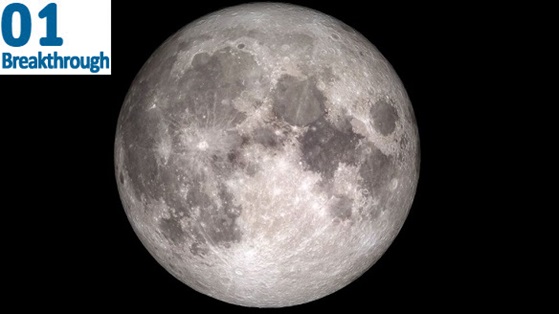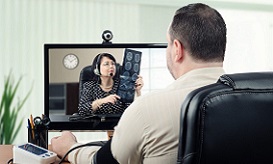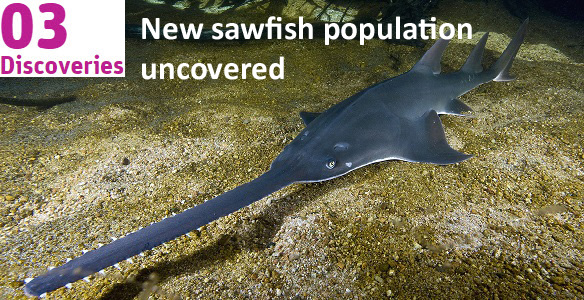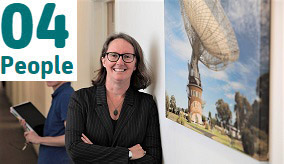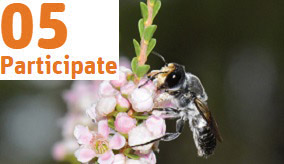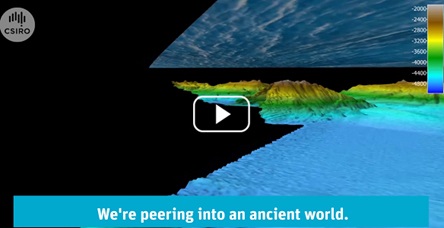02 Research
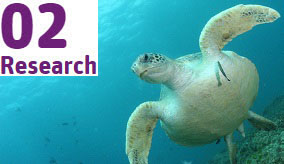
Sea turtles at risk
Sure, it might not seem like a breakthrough - we all know how damaging marine plastics are to sea life. But like everything in science we don’t work on assumptions – we need the cold hard facts to inform possible solutions. It’s been estimated that eight million metric tonnes of plastic winds up in the ocean annually. Our work shows that a turtle has a twenty-two percent chance of dying if it eats even just one piece of plastic.

